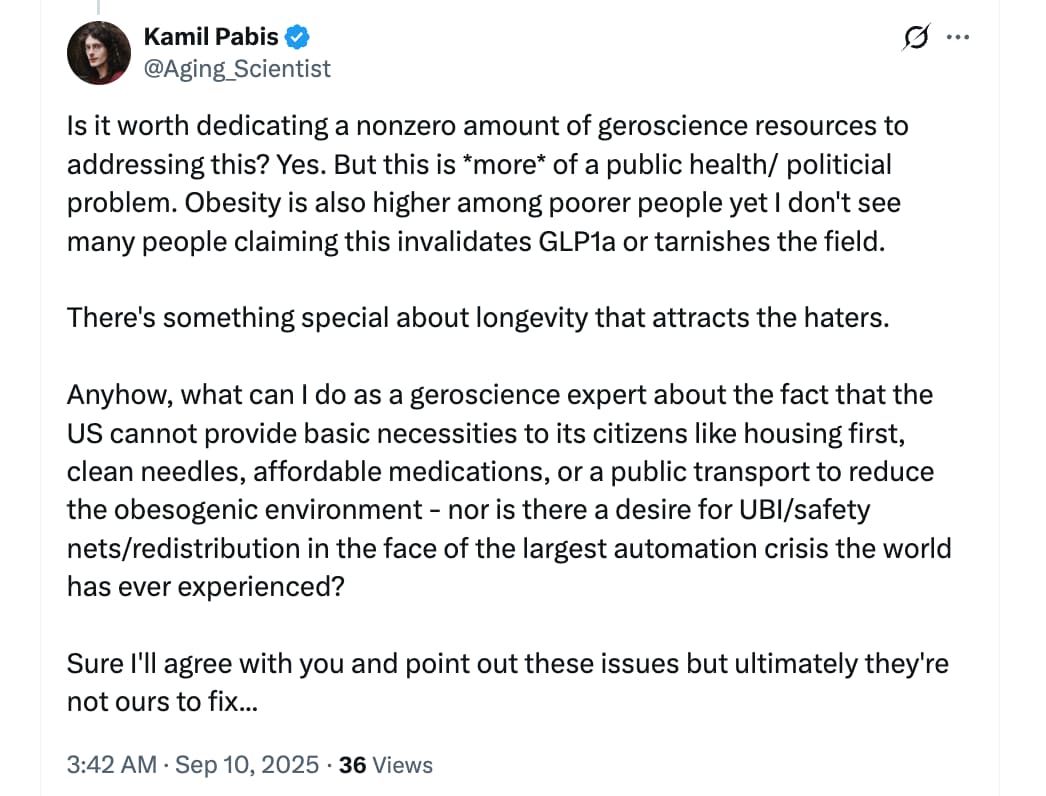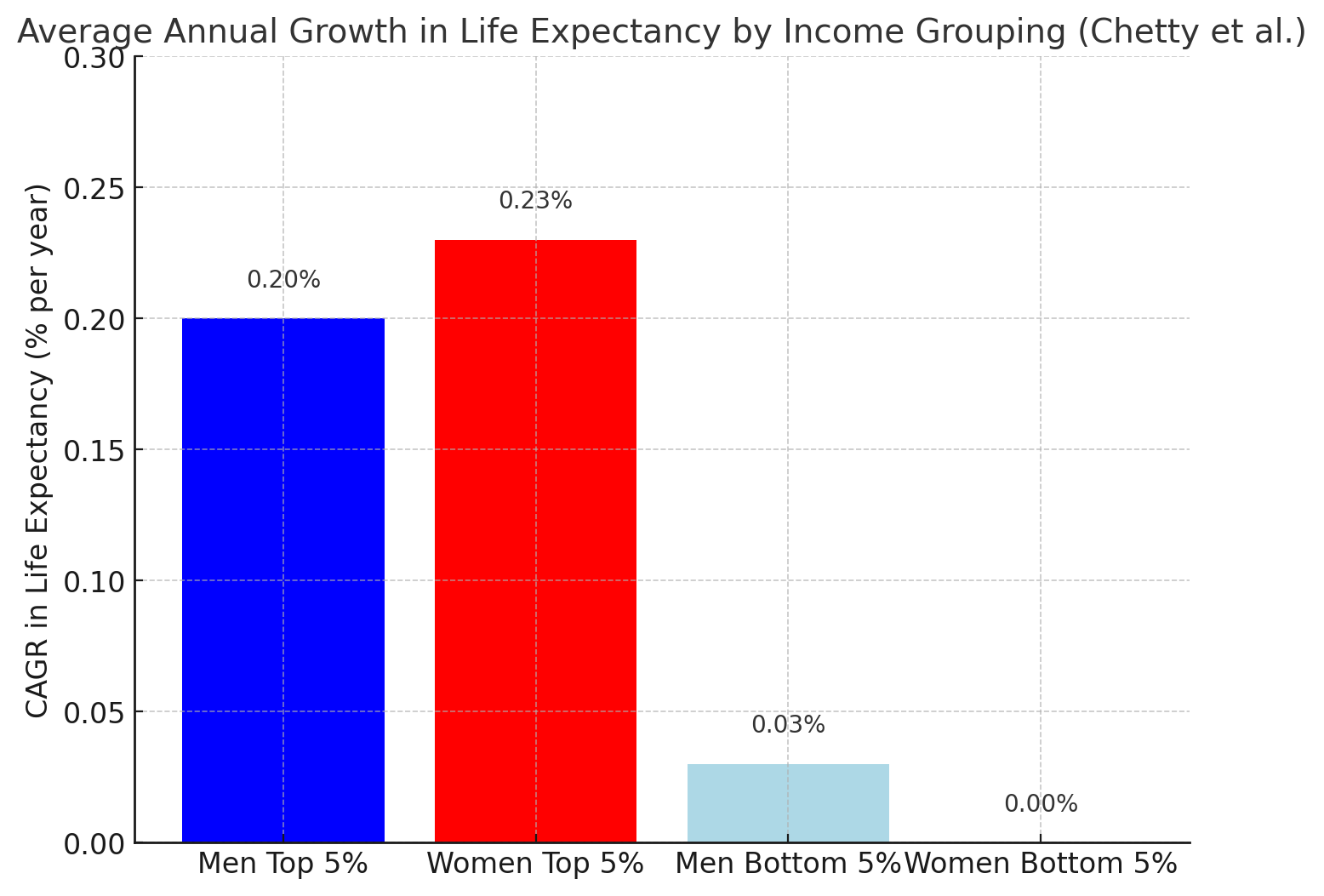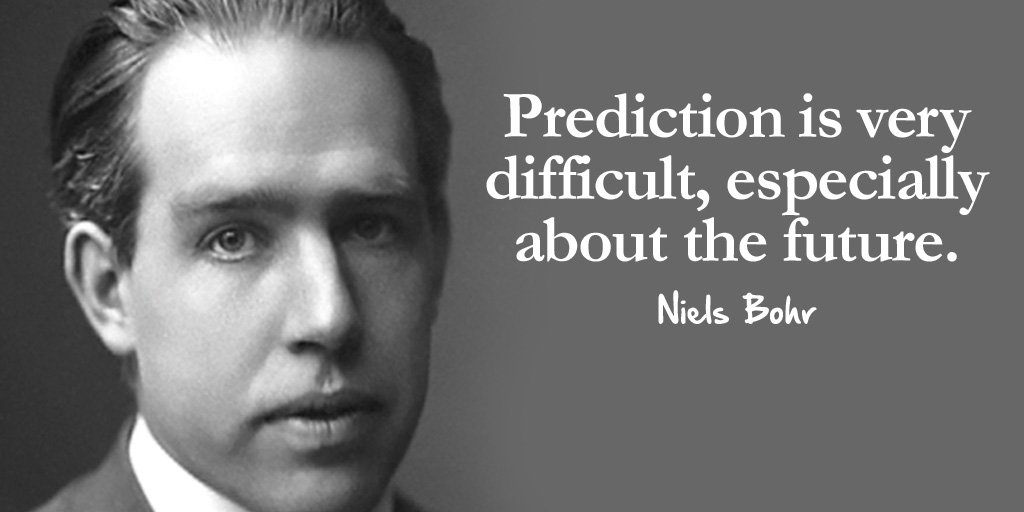Straightline projections are the bane of forecasting since time immemorial. The famous anecdote of how it was projected that with increased population and traffic in NY, there will be increased need for horse carriages, but given the space limitations of streets, the city will inevitably drown in horse manure. Of course, they didn’t count on automobiles. But this straighline projection is literally everywhere. Never is any thought given that we live in a dynamic system, and any development is not simply going to go on blithely trees growing to the sky. There is interaction in a dynamic system, so complex, that most of the time forecasting is literally impossible except in very constrained circumstances - the earth will keep revolving tomorrow. Science fiction writers are an example. Jules Verne thought that since a bigger cannon can shoot higher a BIIIIIG cannon can shoot a man into the moon. Not taking the impact on a human body into account. If I put one brick on top of another, I might eventually reach a considerable height, but our straight line projection fans are already talking about the bricks reaching Mars and eventually other galaxies. The equivalent of this straightline projection is a hallmark of all these forecasts, panics and predictions. Just look at the history of what people thought - often the most eminent scientists of the day - the future would look like… it’s straightline projections all the way and of course laughably wrong, never panning out.
Same here. We live in a dynamic system. Straighline projections fundamentally are flawed in principle. Stop. You can only be wrong. This applies abundantly to AGI. The projections bandied about AGI are so laughable, but at the same time depressing, because apparently humanity learns nothing from the march of technology and the past mistakes of straightline projections - and in the case of AGI augmented with almost a complete lack of understanding of the subject matter by the so-called “experts”. Depressing.
Meanwhile, look at reality. Do you really have to be a billionaire to get a full body MRI? What secret super expensive longevity treatment is available to billionaires that is not available to anyone on this site? Provable longevity intervention - CR… only available to billionaires? I’ve been on it for 8 years and never during that time have I managed to accumulate a $billion, not that I’ve tried or cared. And then we have the only other maybe LE, rapamycin - I wonder where my billions are, as I feed rapa to my cat.
Chemical synthesis processes are only getting cheaper - I don’t think you have to be a billionaire to manufacture any molecule. Tools to manipulate genes only getting cheaper. Remember when it took hundreds of millions to get the genome sequenced? The cost of getting your genome data is now affordable to any trailer park resident. Technology is all about dropping costs.
Now we are supposed to imagine how there is this liquid unobtainium mined in the deepest gold mines on a diamond encrusted planet that only billionaires can afford to prolong their lives. What a silly idea. If it’s available to billionaires, it’s available to almost anyone.
The problem is, as always, information. Billionaires have to be able to know what they’re getting. It doesn’t look like Bryan Johnson has a clue. Through history, there have always been kings and magnates and quacks who promised them health and longevity. How would the king know a quack is a quack? And no king or magnate got to cash in on their quack investment. The billionaire is in no better position than you or me when it comes to judgment and information.
I don’t fear billionair “health gaps”, seeing as billionaire after billionaire croaks at a disgracefully early age. The limit and deciding factor is not money, but information, and that is available to all.



